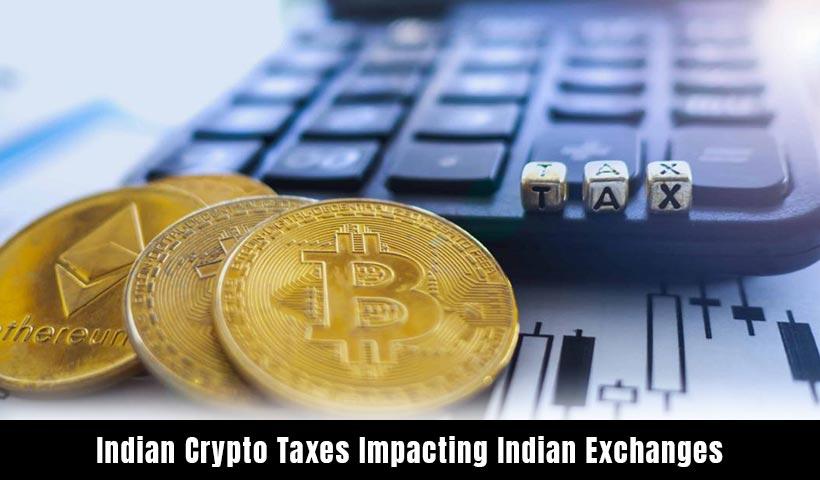Jul 15, 2022
Indian Crypto Tax Crushes Trade Volumes on Indian Exchanges
.
Disclaimer: The views and opinions expressed in this article are for informational purposes only and do not constitute financial, investment, or other advice. Investing in or trading crypto assets comes with a risk of financial loss.
Ripul is an entrepreneur with extensive expertise in the blockchain, DeFi, and NFT space. He's worked with more than 100 active global and regional top influential KOLs from the crypto industry. As the CEO of Bullstreet Group and Cillionaire, he's developed key leadership skills that have led him to be invited as a speaker to various events. He's also been a part of various conferences like FTX Crypto Bahamas and Blockchain & Bitcoin Conference Moscow.
